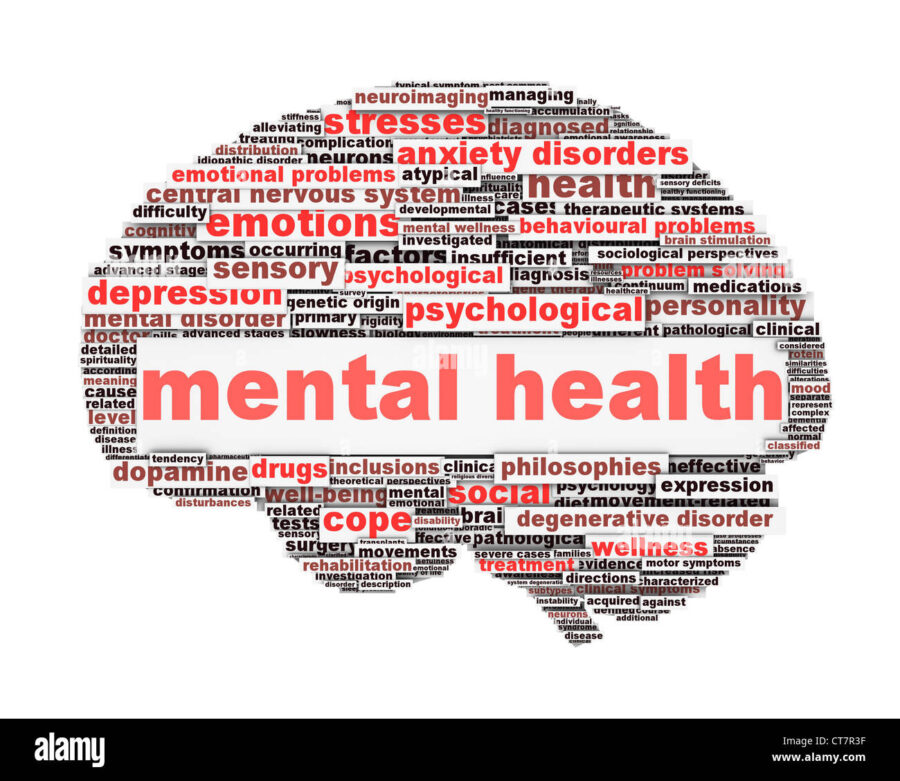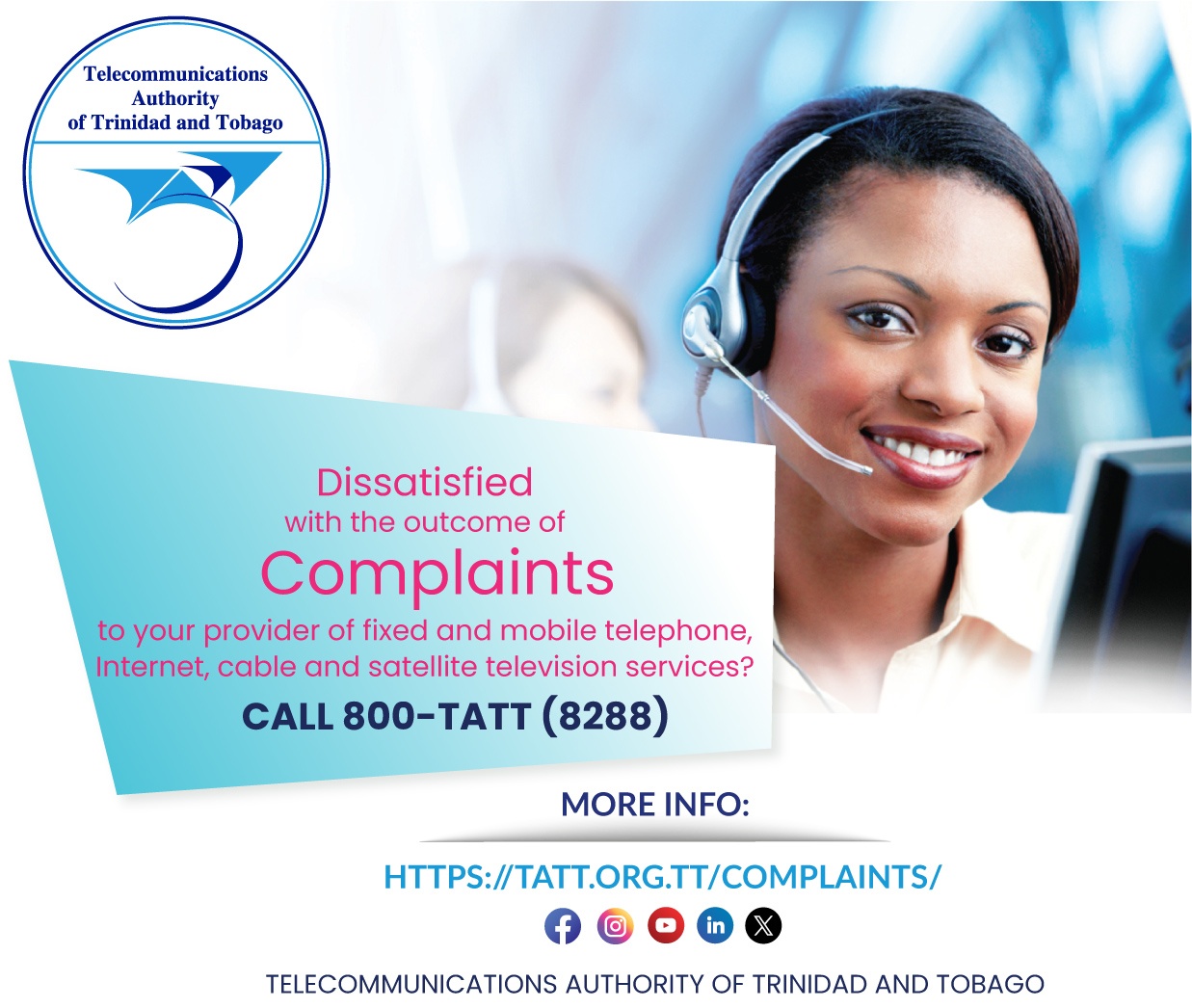
HE rocked back in his chair, looking across the table, through the window behind my head, not focussed on me but in my direction.
“You see, it was very difficult for me. I had just lost my mother and things were booming at work,” he said.
I nodded in understanding, giving him the space and time to continue. And he did. A human definition of success despite all the odds, this man was telling me about his anxiety rearing its head during a high-level meeting.
His was not a story made up to earn sympathy or win a favour. No, this was truth, a truth that played out in front my eyes, as he kept getting up and moving around the room for the first fifteen minutes of the time I was in his office.
Thankfully, I had grown into a more compliant, enlightened listener over the years. Perhaps it was because I spent most of my adult years in that dark place of depression and spiralled into an even darker hole, PTSD over ten years ago. Whatever it was, I related to his experience and allowed him all the time he needed to offload.
I felt his pain, more so as his job demanded action and decision-making from a position of complete power and control. Any tangent to that expectation would be regarded as weakness, making it difficult for him to reasonably disclose such sensitive information to anyone else around him. I was neutral and non-judgmental. His window of opportunity to let the guard slip coincided with my appointment.
How disheartening it is that in a technologically advanced age men and women, boys and girls still have to wear masks, masks that were there before Covid-19 and masks that remain in place long after the initial pandemic. Beneath the veneer of success, happiness and fulfilment lies a spectrum of anxiety, depression and many other mental health issues. Some are low functioning and easy to identify but others are high functioning and difficult to detect.
Low or high-functioning, many people struggle with mental health issues regardless of their status, religion, race, age or gender. And regardless of those factors, all people should be viewed with empathy and understanding because mental health is a universal human right.
October 10 is recognised at World Mental Health Day. This year’s the theme is “Mental Health is a Universal Human Right” and as the World Health Organization’s website put it, “Our minds, our rights.”
Over the vicissitudes of time, a range of mental health issues has been identified or displayed by people such as Abraham Lincoln (suggested as the greatest president of the United States), Virgina Woolf (English writer), Ludwig van Beethoven (German composer and pianist) and Sir Isaac Newton (English mathematician and physicist) to name a few.
In the early years, diagnoses along the mental health spectrum were not understood, even by doctors. Before the advent of science, mental health problems were thought to be the devil’s work or a consequence of sin. Some even attributed such issues as demon possession and those who displayed obvious signs were ostracised or subjected to dehumanizing treatments including exorcism. Later treatments evolved into the use of “potions” and leeches as well as dietary changes.
Today, in this information age, challenges to good mental health are viewed as being medical in nature. Mental health is viewed along a spectrum including depression, anxiety, bipolar disorder, postpartum depression, personality disorder and schizophrenia to name a few. More people are encouraged to seek professional help, more successful treatments are available and more support is provided by medical and therapeutic practitioners.
However, the stigma of mental health issues is a difficult stain to remove from the fabric of life. It is still widely viewed as a form of weakness or sign of inferiority despite the evidence that historically great contributions to building society have been made by people who suffered along the spectrum.
This year, the battle against stigma and discrimination continues, with a thrust in the direction of fighting for mental health as a human right. In your circle of influence, speak up for the right to be protected from mental health risks and the right to access good medical mental health care. Advocate against depriving people of their human rights or taking away their right to make decisions that affect them. Include or reach out to include everyone in community life and if they reject your attempts, respect them still and let them know your support is always accessible. If you recognise the need, then advocate for professional assistance.
One in eight people, globally, experience a mental health issue. According to one source, one in four people in Trinidad and Tobago is living with a mental health challenge (this may have changed, particularly after the pandemic). The reality is that many of our friends, co-workers and family members have difficulty in their daily lives because of a mental health issue. Let us respect each other’s human rights as we recognise World Mental Health Day 2023.
![]()














